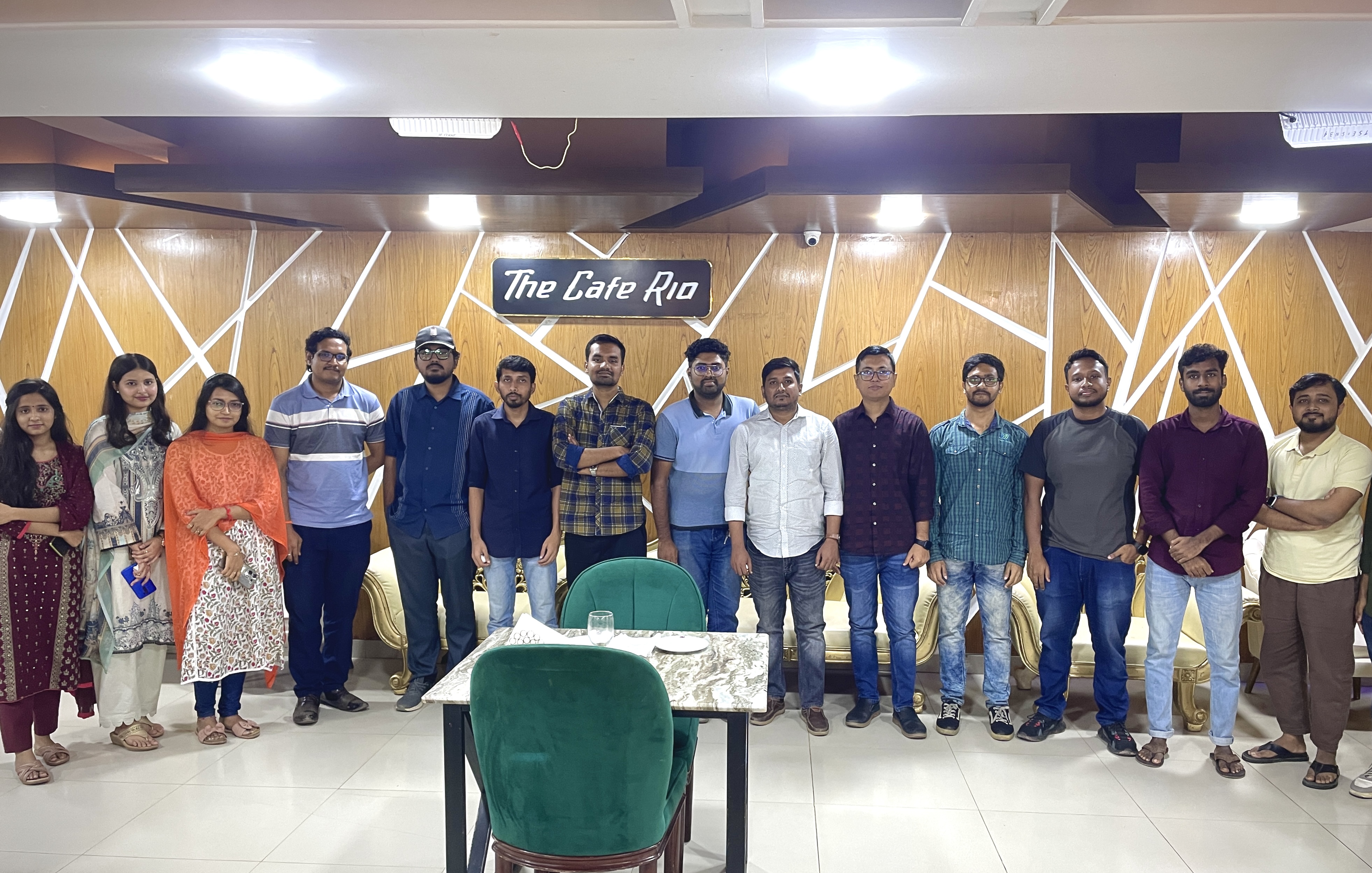
Paid Internship Program

Twinforce Solutions is excited to announce its upcoming training and paid internship program for fresh university graduates interested in pursuing a career in Salesforce. Our comprehensive training program is designed to equip graduates with the knowledge and skills they need to succeed in the Salesforce ecosystem with proper programmatic and declarative skills.
The training program covers a range of topics, including Salesforce administration, development, and customization, as well as specific modules such as sales, service, marketing, and commerce. Participants will have access to online courses, webinars, and in-person training sessions led by experienced Salesforce professionals from the Twinforce development team.
In addition to technical skills, the training program also includes soft skills training, such as communication, problem-solving, and teamwork. We believe that these skills are crucial for success in any professional setting and will help our participants stand out in their future careers.
Upon completion of the training program, participants will receive a certificate of completion and have the opportunity to obtain Salesforce credentials, such as the Salesforce Certified Administrator or Salesforce Certified Developer certifications.
We are committed to supporting the professional development of fresh university graduates and believe that this training program is an excellent opportunity for them to kickstart their careers in Salesforce. If you're interested in learning more about our training program, please contact us at [email protected]
Salesforce Administration Fundamentals
Salesforce Developer Fundamentals